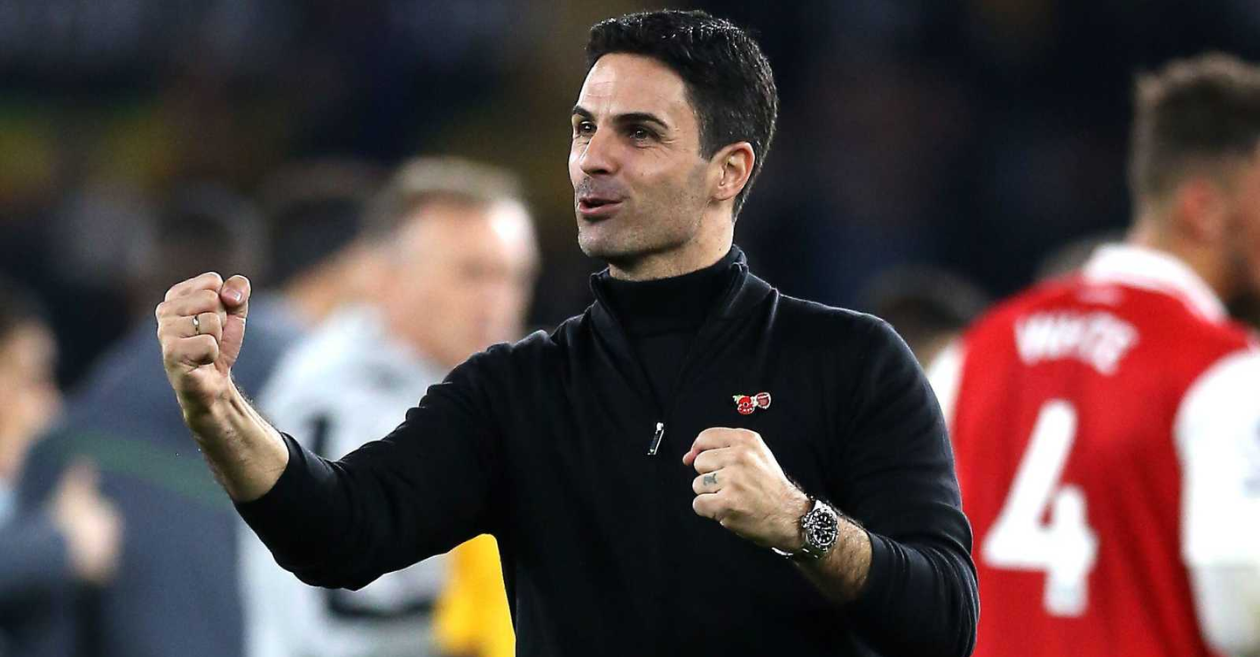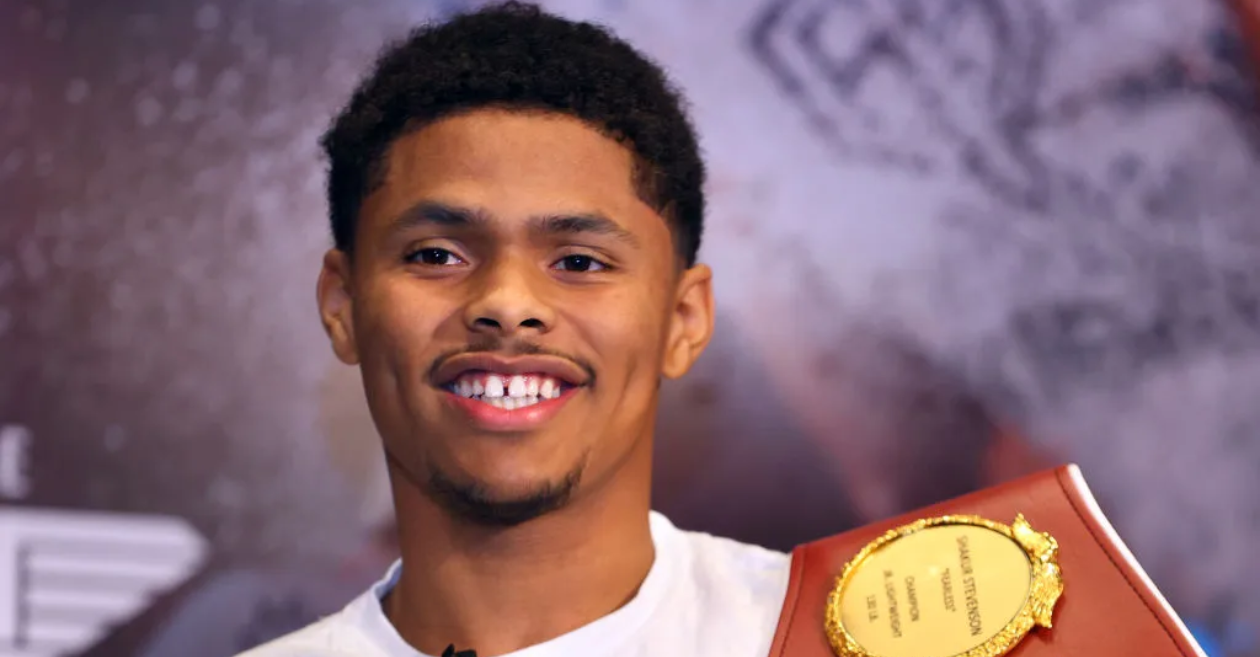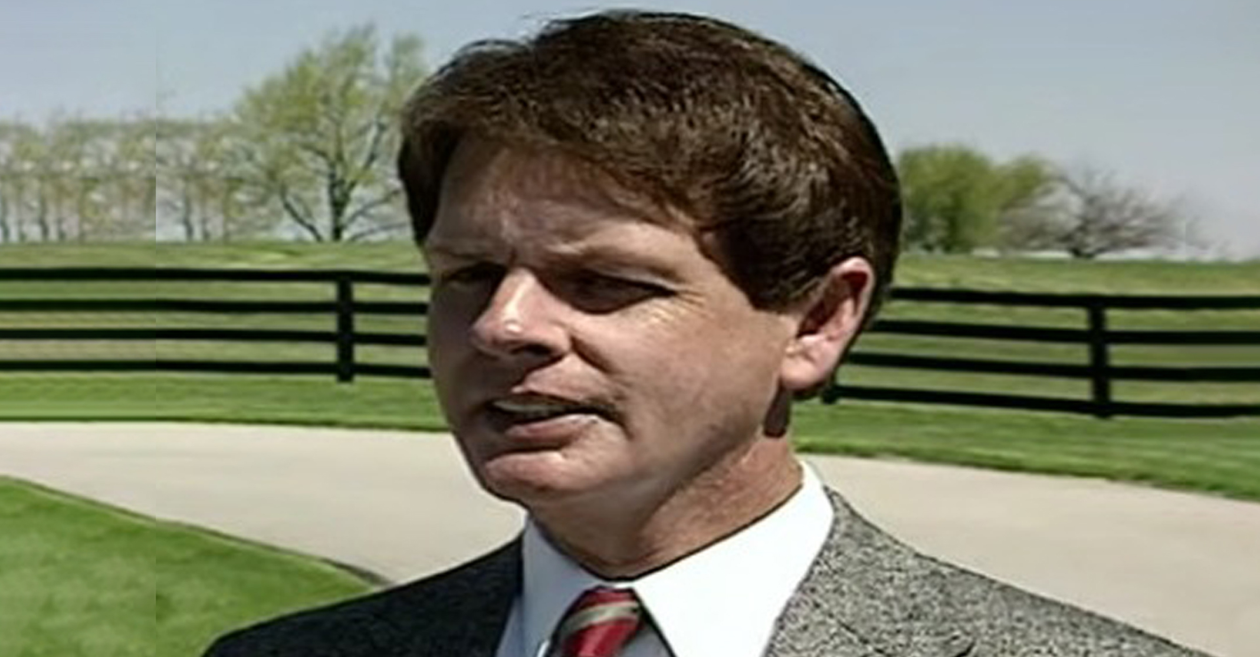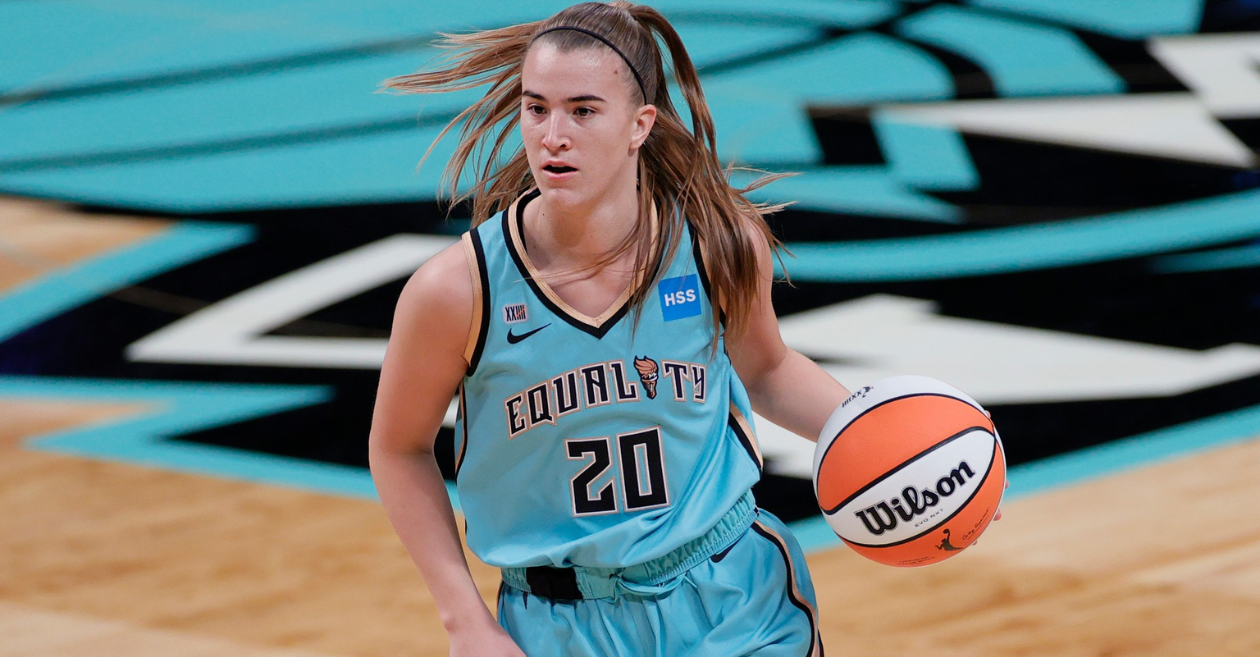

.webp)
Football, or as Germans call it, "Fußball," is more than just a sport in Germany—it's a passion that runs deep in the hearts of millions. Beyond the electrifying matches and roaring crowds lies a fascinating aspect that often goes unnoticed: the ownership of German football clubs. In this blog, we delve into the intriguing world of Bundesliga ownership, unearthing the power players behind the scenes.
People Also Read: Which Cities does Eurostar go to
German football boasts a diverse ownership landscape, ranging from local entrepreneurs to global tycoons. Let's take a closer look at some of the major players in the Bundesliga ownership game:
FC Bayern Munich: Owned by its supporters. The majority of shares are held by the club members, making it a fan-driven powerhouse.
Borussia Dortmund: A publicly traded club with fans holding significant shares, ensuring a strong connection between the team and its supporters.
RB Leipzig: The controversial Red Bull ownership has propelled RB Leipzig into the spotlight. Owned by the energy drink giant, the club has seen rapid success and ascension through the ranks.
VfL Wolfsburg: The Volkswagen Group owns this club, making it a prominent representative of the automotive industry in German football.
Understanding ownership percentages is crucial in unraveling the dynamics of German football. Here's a breakdown of ownership for some key clubs:
| Club | Majority Owner | Ownership Percentage |
| FC Bayern Munich | Club Members | 75% |
| Borussia Dortmund | Publicly Traded | 67% |
| RB Leipzig | Red Bull | 99% |
| VfL Wolfsburg | Volkswagen | 100% |
FC Bayern Munich stands out as a beacon of fan power in the world of football. The majority of the club is owned by its supporters, creating a unique model where fans have a direct stake in decision-making. This fan-centric approach has not only solidified Bayern's financial stability but also strengthened the bond between the team and its supporters.
RB Leipzig's rise to prominence is synonymous with the influence of Red Bull. The energy drink company's ownership has sparked debates about the increasing corporatization of football. Despite controversies, there's no denying the impact Red Bull has had on the club's success and its ability to attract top-tier talent.
VfL Wolfsburg's ownership by the Volkswagen Group paints a unique picture of corporate influence. The club's fortunes are intricately tied to the automotive giant, showcasing how major corporations use football as a platform for brand visibility and community engagement.
The landscape of football ownership is ever-evolving. As traditional models clash with the influx of corporate investments, the future of German football ownership remains uncertain. Will the fan-centric approach endure, or will corporate giants continue to shape the destiny of Bundesliga clubs?
As the Bundesliga continues to captivate football enthusiasts worldwide, understanding the forces behind the scenes adds another layer to the excitement. Whether it's the fan-driven model of FC Bayern Munich, the corporate influence of Red Bull, or the automotive legacy at VfL Wolfsburg, each club's ownership story contributes to the rich tapestry of German football.
In this era of evolving ownership structures, the heartbeat of German football resonates not just on the pitch but also in boardrooms, echoing the sentiments of fans and reflecting the changing face of the beautiful game. As the Bundesliga unfolds its chapters, the question of "Who Owns German Football Clubs?" becomes not just a query but a narrative that shapes the destiny of each team and the league as a whole.
FC Bayern Munich is primarily owned by its supporters. Approximately 75% of the club is owned by its members, creating a distinctive fan-centric model. This approach not only fosters a strong connection between the team and its supporters but also empowers fans to play a direct role in the club's decision-making.
Borussia Dortmund operates as a publicly traded club, with approximately 67% of its shares held by the public. This unique ownership structure allows fans to invest in the club, blurring the lines between supporters and shareholders, and creating a dynamic relationship between the team and its financial backers.
RB Leipzig is owned predominantly by Red Bull, the energy drink giant. Red Bull owns a staggering 99% of the club, showcasing a corporate-driven model. Despite controversies surrounding corporatization in football, Red Bull's ownership has propelled RB Leipzig to rapid success, both domestically and on the international stage.
VfL Wolfsburg is fully owned by the Volkswagen Group, making it a unique representation of corporate influence in German football. The club's fortunes are intricately tied to the automotive giant, highlighting the role major corporations play in using football for brand visibility and community engagement.
The ownership landscape of German football is diverse, featuring a mix of fan-driven models like FC Bayern Munich and corporate giants like Red Bull-owned RB Leipzig. The tension between tradition and corporate influence continues to shape the future of Bundesliga ownership, raising questions about the balance between fan loyalty and the financial muscle of major corporations.

Let's dive into the exciting life of

Shakur Stevenson isn't just a name; h

Let's talk about Herb Baumeister, a g

Let's meet Sabrina Ionescu, the baske
Trash to treasure: How Google thinks
Spring Fashion Show at the University
Matter of Impact: April updates from
Android Enterprise security delivers
We are not gonna make spamming
Copyright By@TheWebTrends - 2023
BACK TO TOP